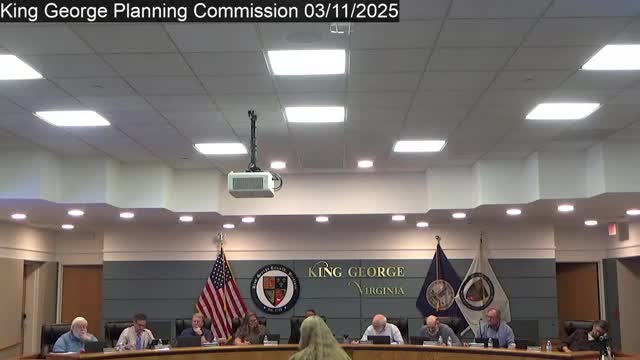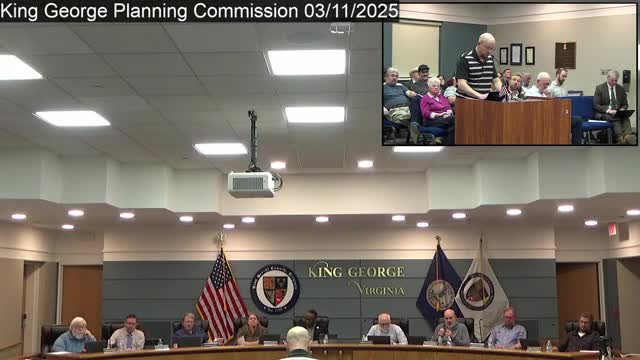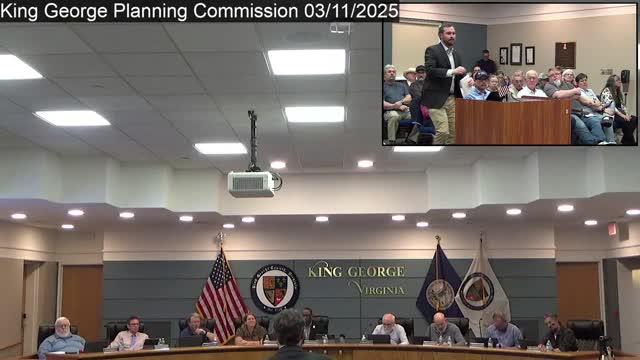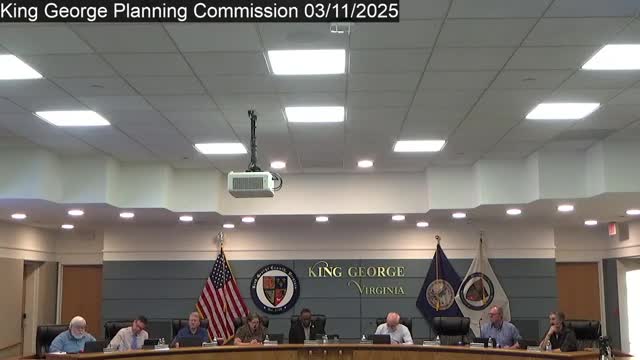Article not found
This article is no longer available. But don't worry—we've gathered other articles that discuss the same topic.

Planning commission forwards 134‑MW Gibson Solar project to supervisors after public hearing

Local entrepreneur seeks C‑2 rezoning near Dahlgren gate for boat showroom and service

Navy liaison: Dahlgren not advanced for shore nuclear shortlist; base sees traffic and budget uncertainty

